Scientist-led conferences at Harvard, Stanford and MIT
-
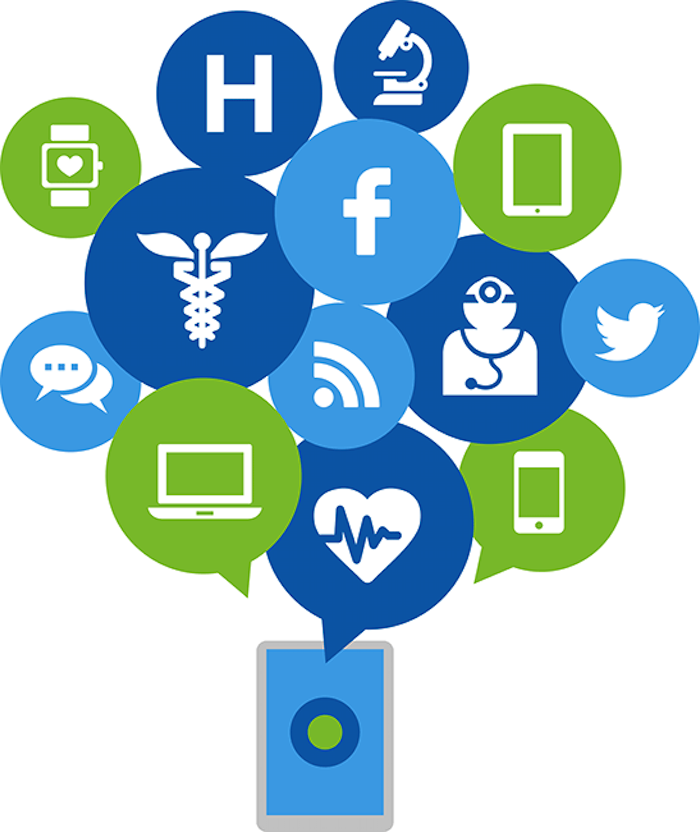
Big data / pharma partnership to model diseases, treatments
IBM and Israeli generic drug giant Teva will partner to develop treatments for chronic conditions using the Watson Health Cloud. Their stated goal is “to put the best information and insights in the hands of physicians, care teams and patients, to empower treatment optimization for individuals and populations across the spectrum of acute and chronic conditions.” Asthma, pain,…
-
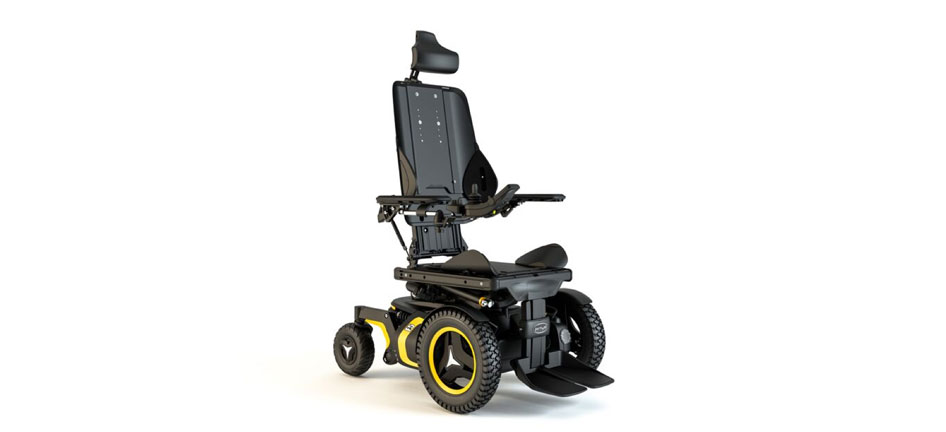
Connected wheelchair improves safety, comfort
AT&T and Permobil have developed a connected wheelchair concept meant to increase user comfort and independence. The system monitors seating position, cushion pressure (to prevent pressure ulcers), whether a chair has turned on its side, battery level, and location, and it also predicts the need for maintenance. The data, including location, can be remotely accessed from the cloud…
-
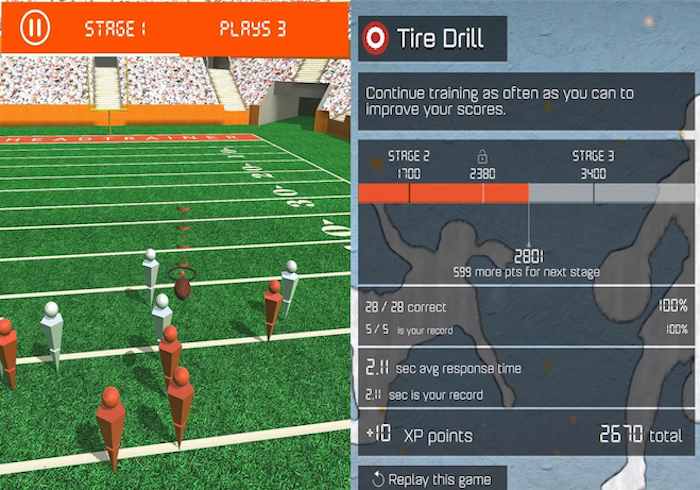
Sport performance game app to train the brain
Games are increasingly recognized as a method of enhancing cognitive abilities. HeadTrainer is meant to improve the brain with 5-10 minutes of daily gameplay. The sports games were designed to exercise 5 cognitive skills: decision making, processing speed, focus, memory, and visual/spatial awareness. Developer Deborah Attix of Duke University focused on testing and training the brain with…
-
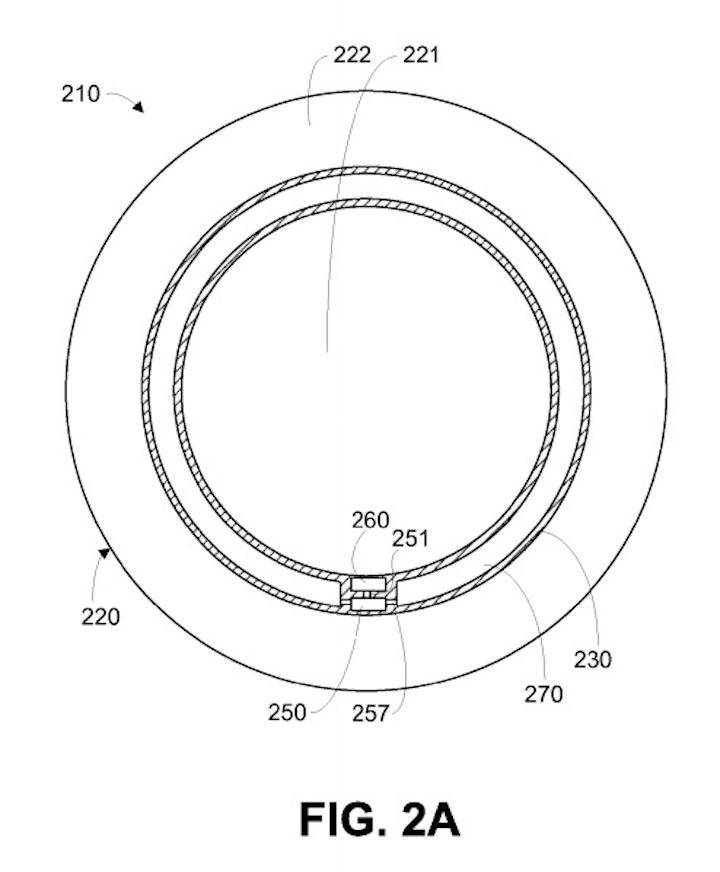
External power supply for Google contact lens
Power efficiency in wearables is key to continuous, accurate monitoring, for both medical and fitness applications. Google has filed a patent application suggesting that an external device will power the sensor of its contact lens, and it could be handheld or embedded into a companion wearable. The application states that “an external reader device or ‘reader’…
-
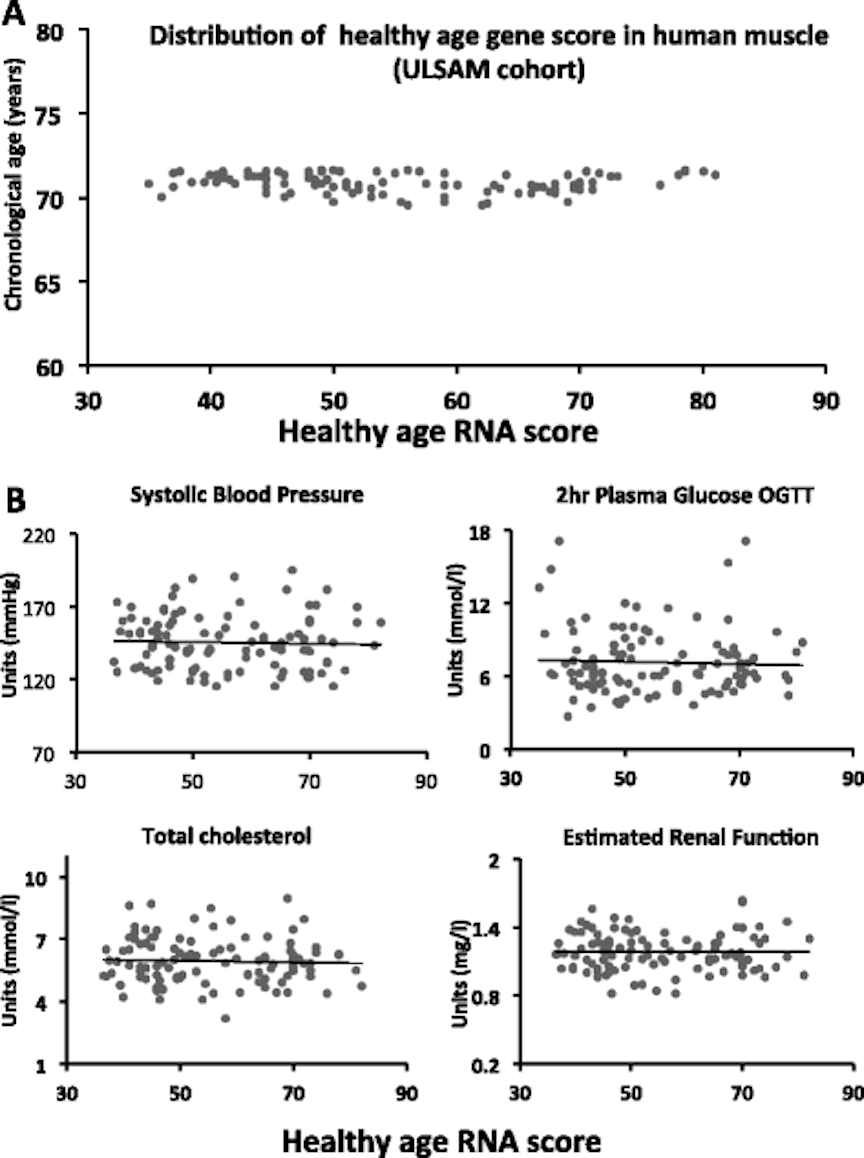
Biological age blood test could identify dementia risk
King’s College London professor James Timmons has developed a gene signature blood test that he believes could be used to predict Alzheimer’s disease. His goal is early detection and preventative treatment. The test is the first to measure biological age. Researchers analyzed thousands of blood, brain and muscle samples to find 150 markers of gene activity associated with good…
-
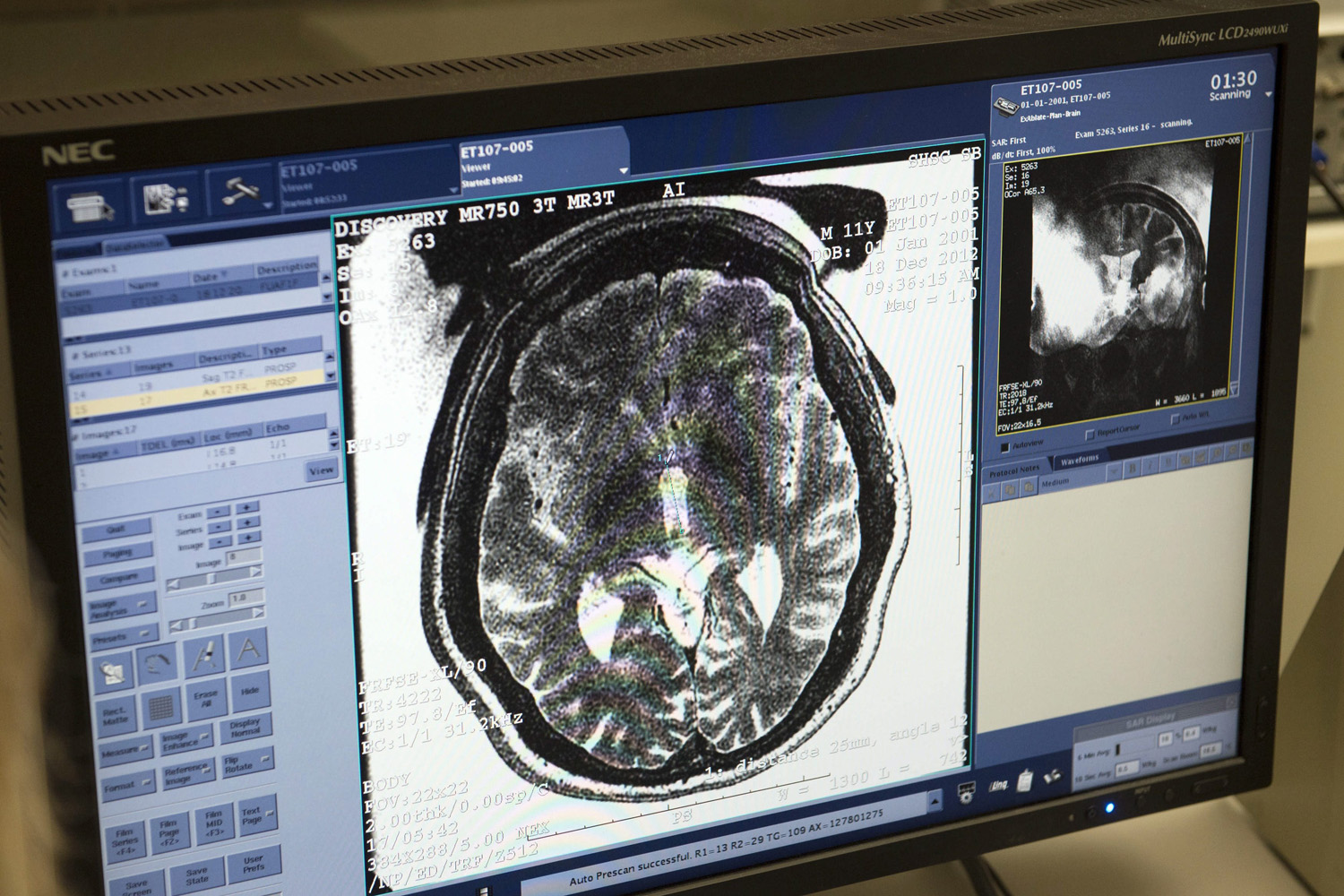
Ultrasound targets deep brain region, helps Parkinson’s symptoms
University of Maryland researchers are using MRI-guided focused ultrasound on the globus pallidus to treat Parkinson’s symptoms. The ExAblate Neuro system was developed by Israel’s Insightec. The treatment is non-invasive, as it does not require a cut, but its ultrasound impacts a deep region of the brain, which is not with out risk. Currently, drugs and…
-
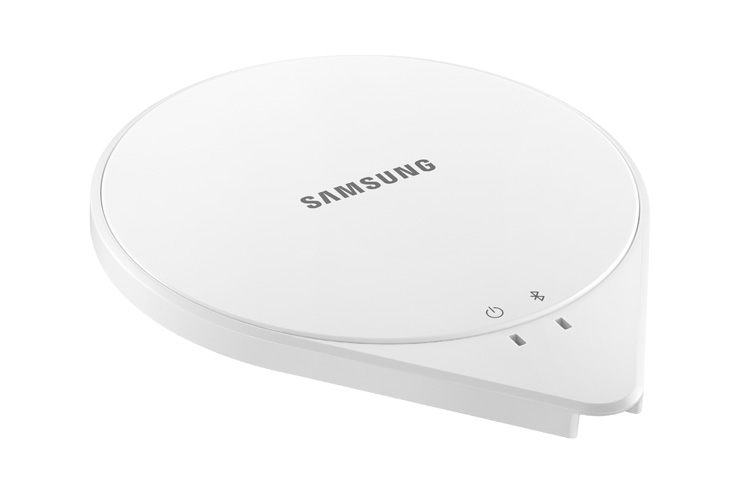
Sleep sensor directs appliances, allows remote monitoring
Samsung’s SleepSense measures breathing, heart rate, and movement in real time, without touching the body. The company claims that this monitoring results in a 97% accurate sleep score, delivered to one’s phone. SleepSense can communicate with a television, audio system, thermostat, and other household devices, to create a favorable sleep environment. TVs can be turned off…
-

Mouthguard monitors health markers via saliva
A prototype mouthguard that monitors health markers via saliva is being developed at UCSD. The large device must be streamlined and miniaturized for mass adoption, but the concept of noninvasive monitoring of lactate, cortisol, and uric acid, is excellent. Previously, this was only possible through a blood test. The device can be worn by athletes,…
-
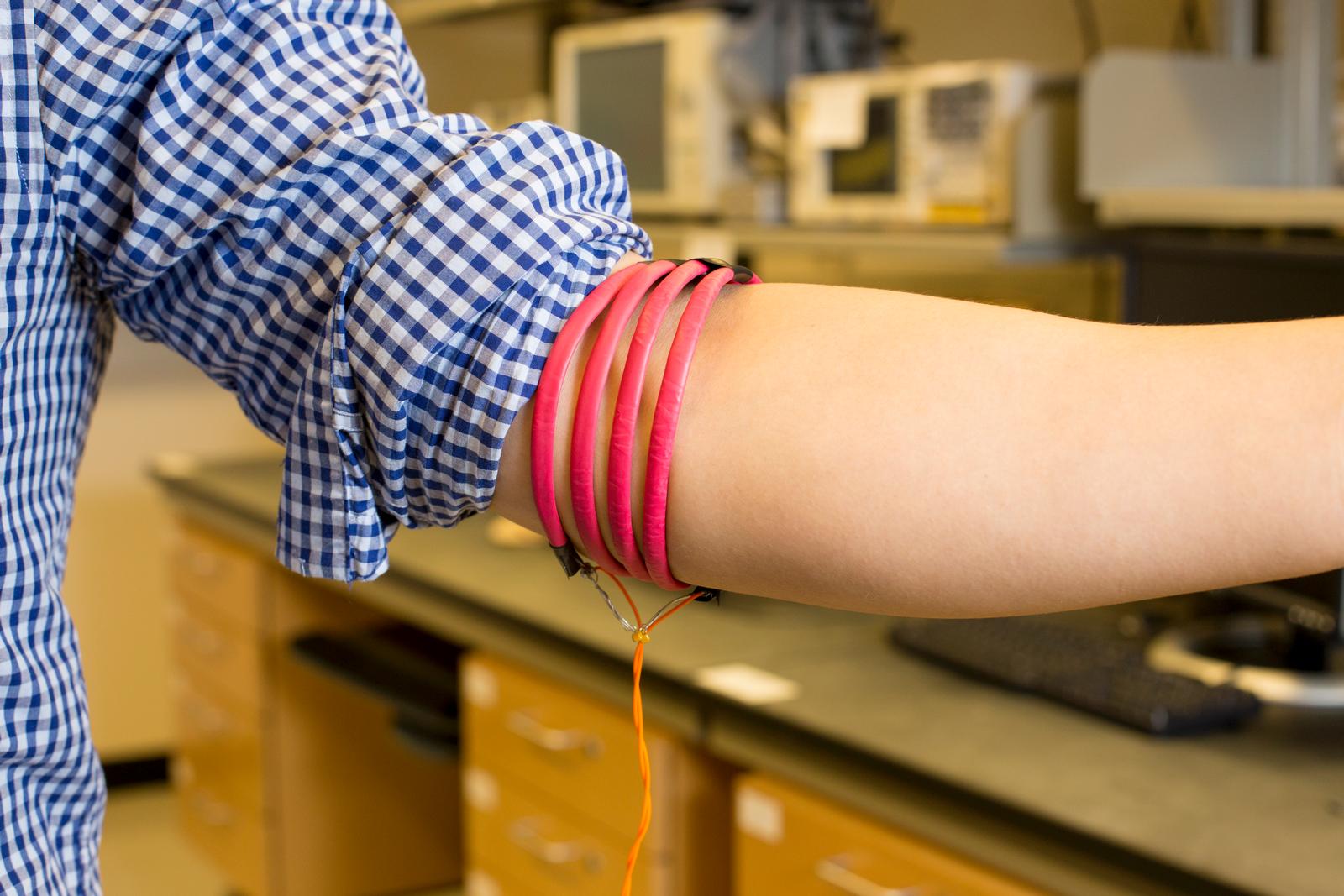
Secure, wireless, magnetic field system for full body monitoring
UCSD’s Patrick Mercier is developing an ultra low power, wireless, magnetic field system to transmit information through the human body. His goal is a more secure wireless sensor network for full-body monitoring. Current bluetooth technology uses high-frequency electromagnetic radiation to transmit data. The signals do not easily pass through the human body, and require additional…
-

Real time blood sugar monitoring in the cloud
Google and Sanofi have partnered to develop technology to store and analyze glucose levels in the cloud in real time. Patients and doctors will be able respond quickly to blood sugar variability, to help prevent complications such as heart attacks and cancer over time. Google Life Sciences CEO Andy Conrad believes that “devices that continuously…
-

Computer speech analysis determines psychosis risk
Columbia University researchers are using automated speech analysis to determine if an “at risk” youth will develop psychosis. The goal is early intervention. In a very small (34 patient) study, the system differentiated — with complete accuracy — between at-risk young people who developed psychosis over a 2.5 year period, and those who did…
-
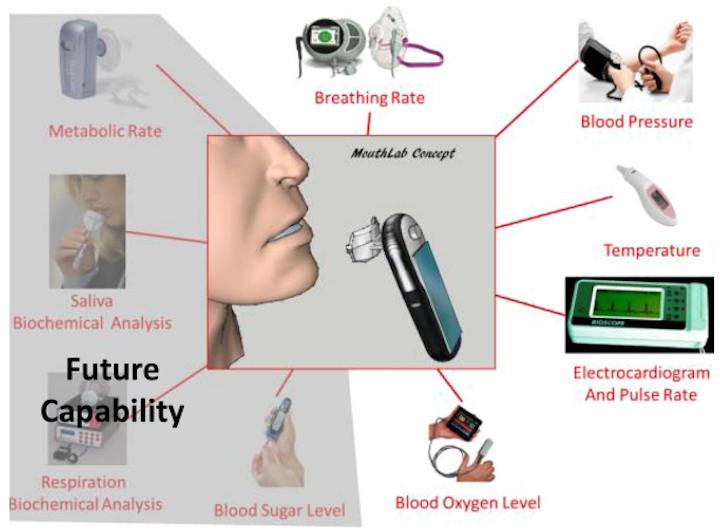
Simple, rapid “tricorder” vital sign monitoring
Johns Hopkins researchers have developed a “tricorder” that quickly picks up vital signs from a patient’s lips and fingertip. MouthLab could replace bulky monitors and gather more data during an ambulance, emergency room, doctor’s office or home assessment. Heart rate, blood pressure, temperature, breathing rate, blood oxygen and a basic ECG are measured. Early…
Got any book recommendations?